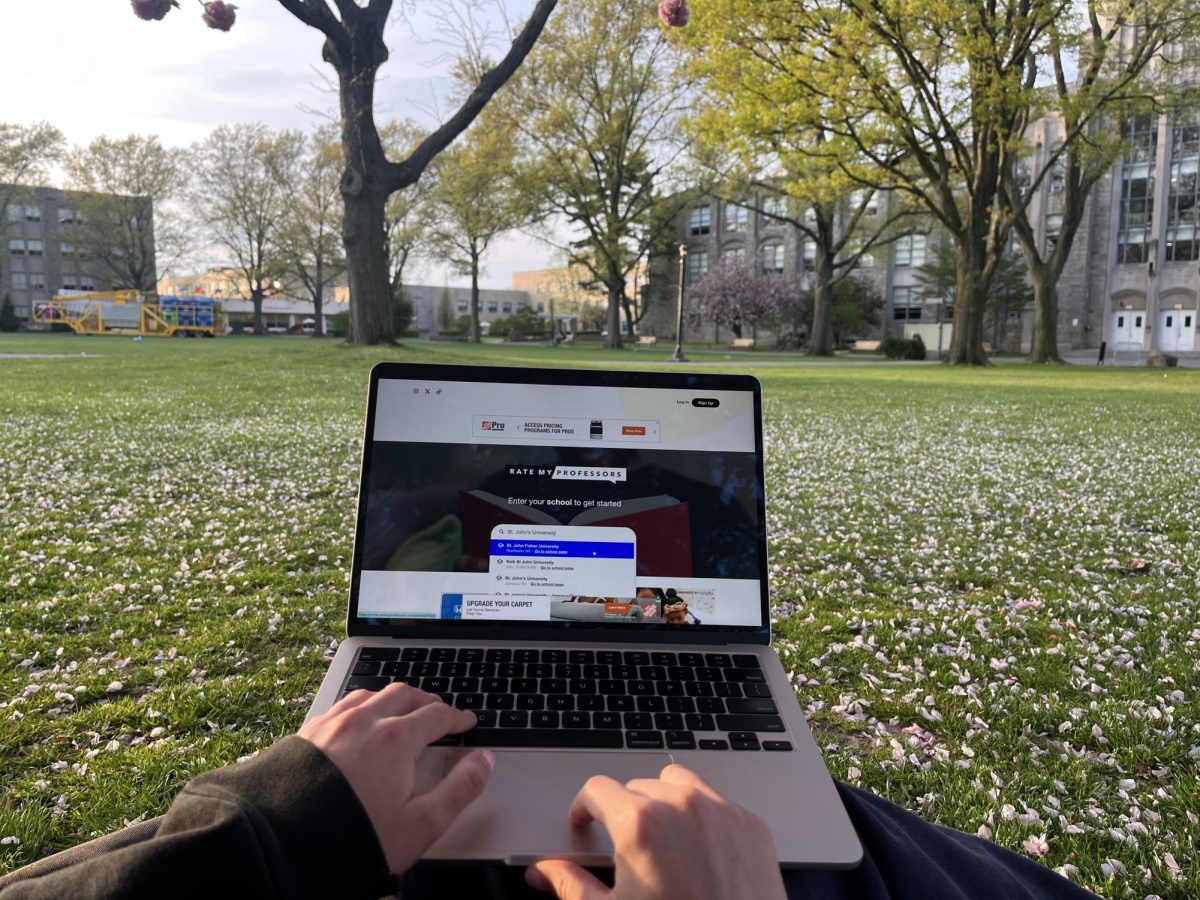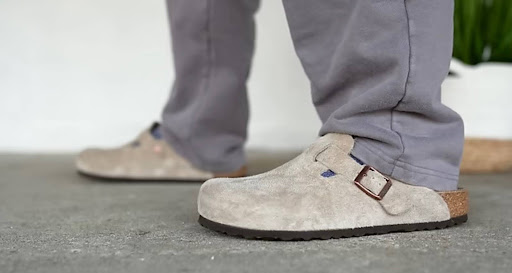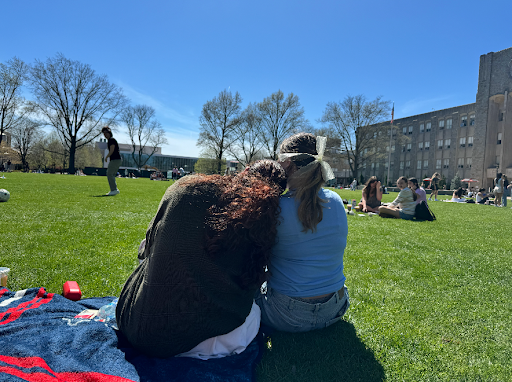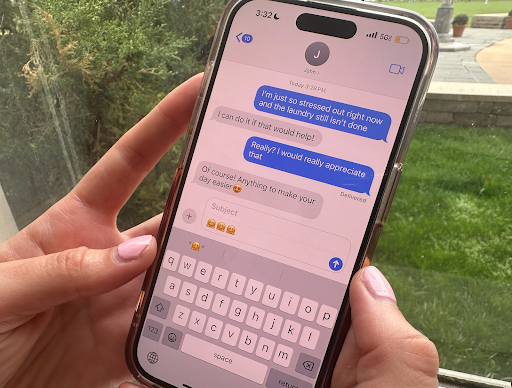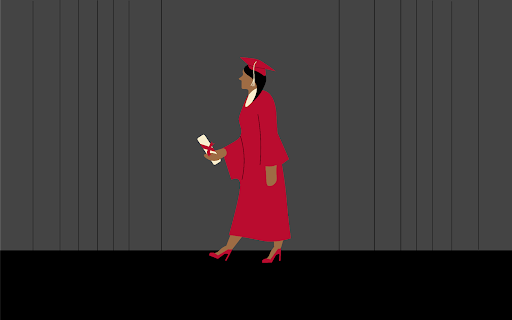
As students jump back into lectures, assignments and exams, there can be minimal time to make oneself a priority; however, spending quality time rejuvenating the mind and body allows students to take on the semester ahead without major distractions. Self-care is one of the fundamental necessities to becoming a calmer, more focused individual. From taking a nap to having alone time, self-care is beneficial in more ways than one. Here are some ways in which students can prioritize their well-being through little things throughout the stressful semester.
Pay Attention to Your Physical Health
Taking physical care of ourselves can sometimes be buried underneath the piles of assessments and discussion posts. Getting a headache from looking at a computer for several hours of the day, trying to read and the words blurring together or even shaking from forgetting to eat while completing an important assignment are all signs of physical fatigue.
A student’s physical health during the semester can be taken care of by doing small things that are comforting and relaxing. This can range from a long, warm shower to watching a favorite television show. These and similar activities reduce stress and clear the mind, providing students with the basic necessities to take on a work-loaded semester.
Naps Are a Student’s Best Friend
Naps are not only beneficial for children; in fact, they are extremely beneficial for college students as well. A nap reduces daytime sleepiness, but it also recharges and refreshes the mind and senses. Additionally, focus and learning performance are boosted when a nap is taken, according to the National Sleep Foundation.
Students can avoid the “nap hangover” — the groggy feeling that comes with taking a too-long nap — by setting an alarm to follow the 30-90 rule. This rule emphasizes the two time slots that naps should fall into: 30 minutes or less, or 90 minutes long. Naps of these two lengths are considered optimal “because they provide restorative sleep without excessive daytime sleepiness or interference with nighttime sleep patterns.”
Learn to Say “No”
Adding the word “no” to your vocabulary makes space for an individual to prioritize themselves more. When it comes to saying no, students can find it difficult, especially when college life is full of social gatherings and frequent outings. However, there is no need to push yourself to go out every single night. Sometimes, it is best to stick with your gut’s reaction to receiving an invitation to go out; if your initial response is not wanting to be social, then listen to yourself.
Granted, sometimes going out when you are hesitant can turn out to be a good time, yet there is the chance that individuals find themselves wishing they were back in bed. “Oddly enough, staying in for the night can also help to improve current relationships, as [students] have the chance to disconnect, reboot and appreciate those involved in your social circle,” Synergy Health Programs says. “Not to mention, making time for yourself to relax or partake in a favorite hobby is a great way to engage in some self-care, which has major effects on both your physical and mental health.”
Change Your Mindset
Too often, the positives of a situation are heavily outweighed by the negatives — for example, a 9:00 a.m. class is seen as hindering sleep rather than kickstarting a productive morning. While it is easier said than done, transforming your mindset from negative to positive will be extremely beneficial; this is not just in the world of academics, but in everyday life. For example, instead of saying “I have to go to class,” try saying “I get to go to class.” This one word difference improves the thought process to an opportunity that allows individuals to expand their minds rather than being a mandatory “must” in which many students dig in their heels.
Additionally, motivate yourself with the little things, whether that be getting a coffee before class, a warm bagel or even dressing cozy. Whatever an individual’s personal motivator may be, it might just be the mini, yet powerful, baby steps to transforming the mind into having an optimistic outlook.


